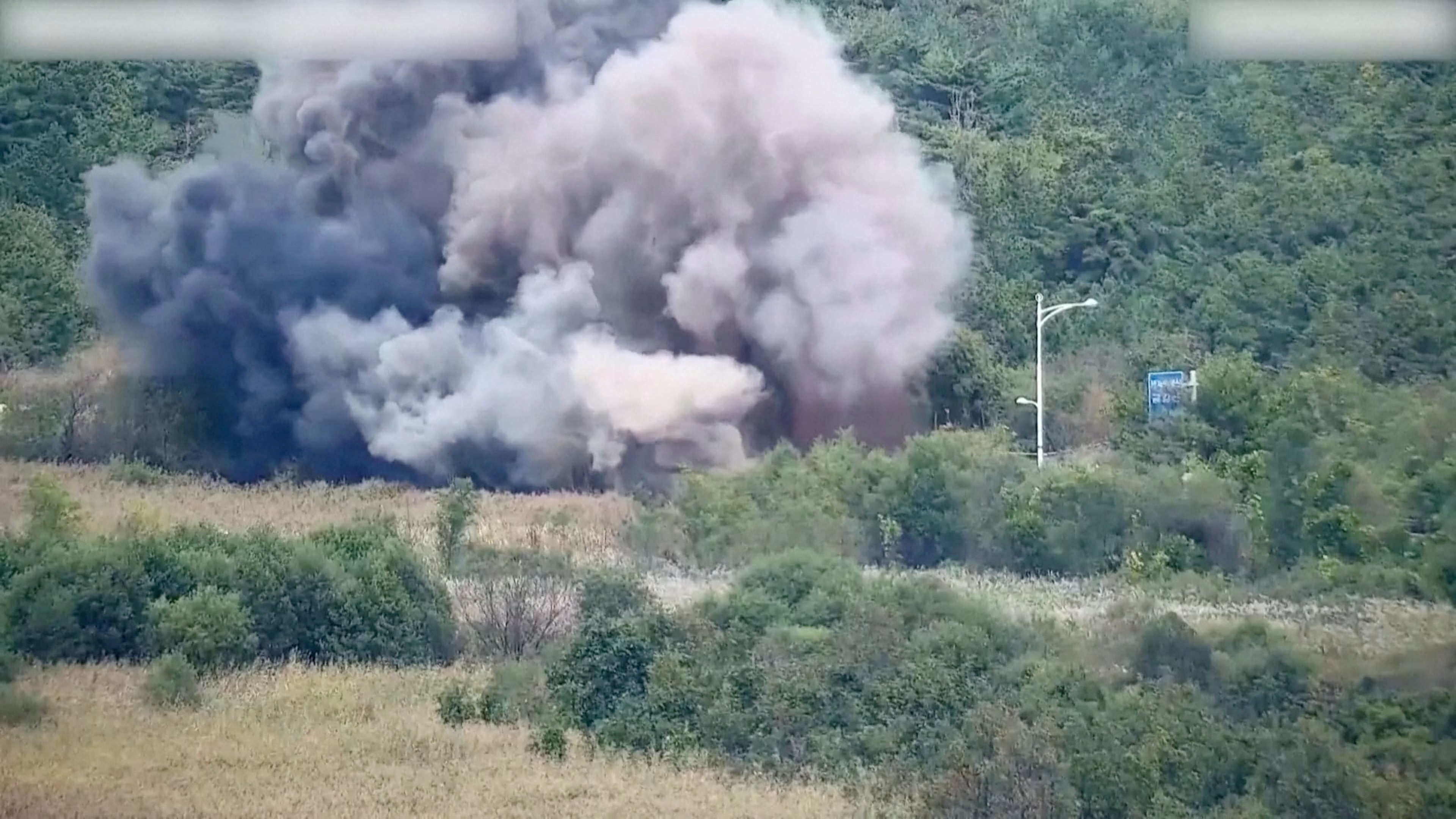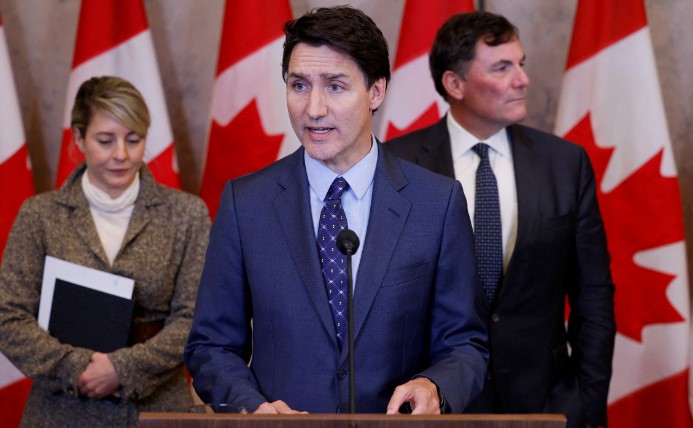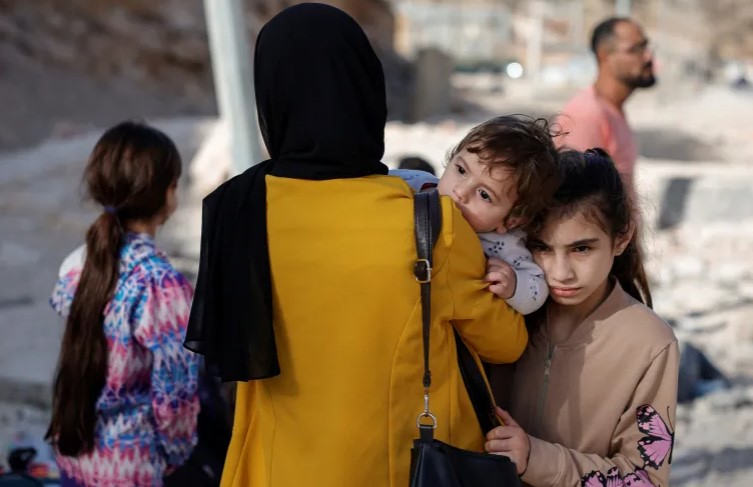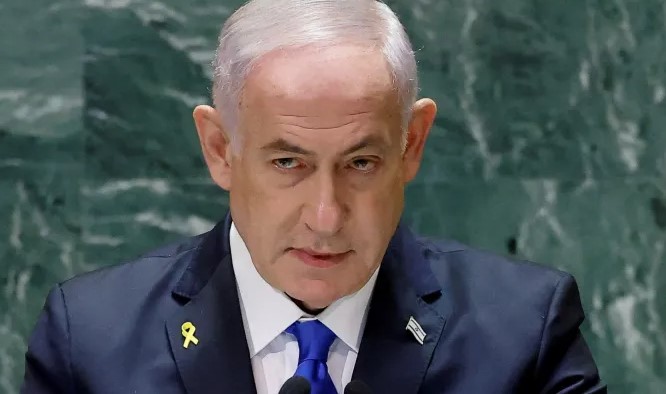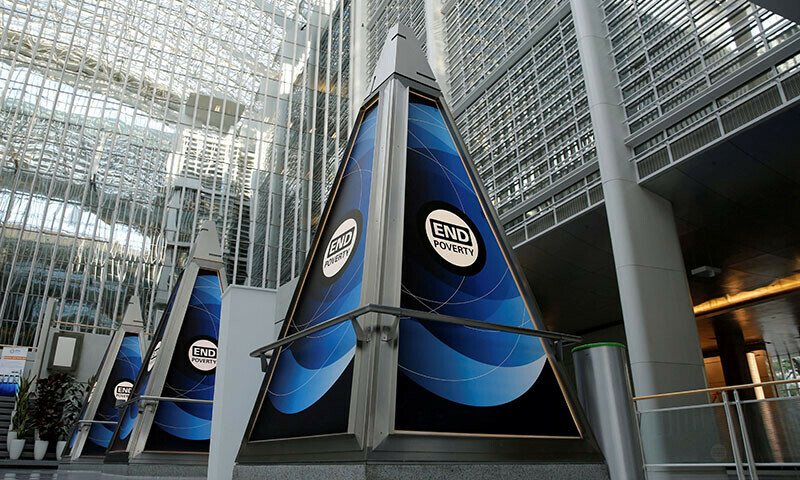WORLD NEWS
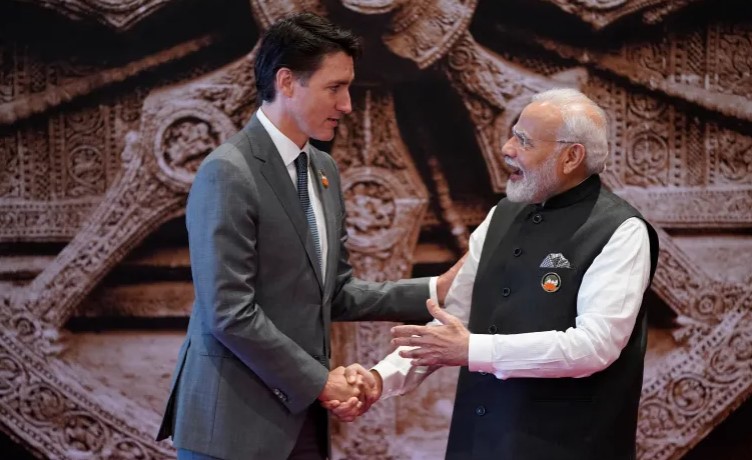
The Indian government has issued a strong rebuke to Canada’s recent decision to label India’s ambassador to Ottawa and other diplomats as “persons of interest” in the investigation surrounding the assassination of Hardeep Singh Nijjar, a Sikh separatist leader, over a year ago. This latest development further escalates the already strained relations between the two countries.
The diplomatic rift began in September 2023, when Canadian Prime Minister Justin Trudeau claimed to possess credible evidence linking Indian agents to Nijjar’s assassination on Canadian soil. Nijjar, who advocated for a Sikh homeland through an independent Khalistani state, was designated a “terrorist” by India in July 2020.
New Delhi has consistently denied the allegations, challenging Canada to present any substantial evidence to support its claims. In a statement released on Monday, the Indian Ministry of External Affairs expressed its strong disapproval of Canada’s designation, attributing the accusations to the political agenda of the Trudeau government. The ministry stated, “Canada has not provided any proof despite many requests from our side,” and criticized the Canadian government for making “assertions without any facts.”
The Indian government’s statement further condemned Canada’s actions, suggesting that they represent a “deliberate strategy of smearing India for political gains.” It asserted that India reserves the right to take additional steps in response to Canada’s continued allegations against its diplomats.
Escalating Diplomatic Tensions
New Delhi’s allegations included claims that the Trudeau government has allowed violent extremists and terrorists to threaten and intimidate Indian diplomats and community leaders in Canada. The situation escalated in October 2023 when Canada withdrew over 40 diplomats from India after New Delhi demanded a reduction in Ottawa’s diplomatic presence.
The backdrop of these tensions includes a report from a Canadian parliamentary committee earlier this year, which identified India and China as primary foreign threats to Canada’s democratic institutions, based on intelligence agency assessments. India’s envoy in Ottawa, Sanjay Kumar Verma, labeled this report as politically motivated and influenced by Sikh separatist campaigners.
In light of the ongoing tensions, Trudeau expressed hopes for India to engage in dialogue to “get to the bottom of this very serious matter.”
International Ramifications
Adding to the complexity of the situation, the United States recently claimed that Indian agents were involved in an assassination plot against another Sikh separatist leader in New York in 2023. This allegation included the indictment of an Indian national allegedly acting on behalf of an unnamed Indian government official. Such claims have tested the relationships between India and these Western nations, which seek to strengthen ties with New Delhi as a counterbalance to China’s growing global influence.
As diplomatic relations between India and Canada continue to deteriorate, both countries find themselves navigating a complicated landscape of accusations, political maneuvering, and international diplomacy, all while attempting to address their broader geopolitical interests.
